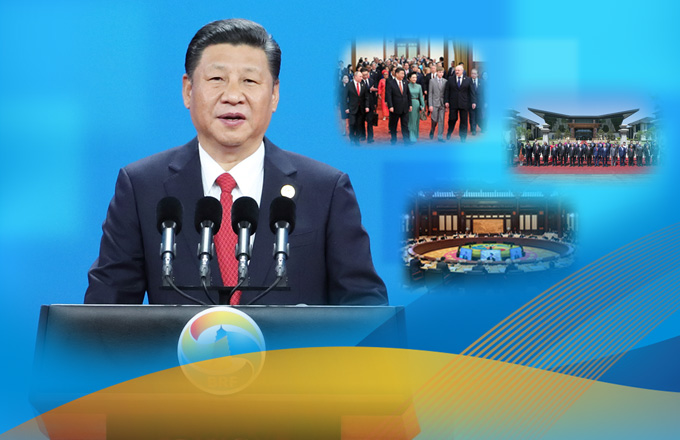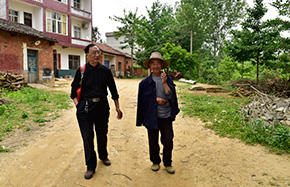China to accelerate shantytown redevelopment
BEIJING -- By the end of 2017, China will secure the full delivery of a three-year, 18-million new homes development program for rundown urban areas across the country.
The matter was deliberated at a State Council executive meeting presided over by Premier Li Keqiang on Wednesday.
Li called for greater endeavors to get all pieces of the preparations together. He defined the campaign as a major component of the supply-side structural reform and a strong push to improve quality of life and development outlooks.
"Our institutional advantages have been demonstrated over the past eight years as the campaign has achieved fruitful outcomes and a set of good practices," he said.
According to the Ministry of Housing and Urban-Rural Development, the government invested 1.48 trillion yuan ($215.25 billion) in 2016 to build 6.06 million new homes for shantytown redevelopment, 60,000 more than last year's target. In 2015, the number was 6.01 million.
In his Government Work Report delivered in March, the premier vowed to revamp 6 million housing units for shantytown redevelopment this year and continue to develop rental housing and other forms of government-subsidized housing. He also promised better delivery of financial compensation combining multiple means for relocated families while improving infrastructure and public services to lift living standards.
From January to April this year, the country had completed 36 percent of the year's goal by starting construction of 2.19 million housing units.
Wednesday's meeting decided to make solid progress of new redevelopment projects in quality and in speed on par with last year. New phases of existing projects are to be finished as early as possible.
More relocated families will get these compensations in monetary form, especially in third- and fourth-tier cities to help sell inventories of residential complexes. Amenities and public services such as schools and hospitals will be improved to nurture a comfortable environment for relocated families.
Meanwhile, fund management will be strengthened to control the costs as local governments will be urged to make the best of earmarks and prevent embezzlement.
Li urged to ensure construction quality, supporting facilities and housing allocations. "We want the families that move into their new homes to enjoy their new lives as early as possible," he said.
A follow-up plan will be made to grant stronger support in fund, financing and adequate supply of land for the shantytown redevelopment program from 2018 to 2020, the last step to build new homes for about 100 million people who used to live in shantytowns and urban villages.
Shantytown redevelopment has played a bolstering role in economic growth by boosting investment and consumption, including household appliances, and has improved living conditions.
Li called for all efforts to keep the projects, new or old, ahead of schedule, so that those families can move into new homes sooner.
"China's industrialization and urbanization is a lasting effort. We have many people that are yet to move to the cities and start new lives. We should remain unrelenting in our efforts to live up to the people's expectations," he said.

























